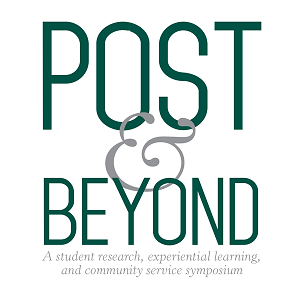Rossum’s Universal Robots, Karel Čapek, and the Importance of Artistic Advocacy
Faculty Mentor
Valerie Clayman Pye
Area of Research
Theatre
Major
Theatre Arts - Acting
Description
This presentation will serve to highlight the importance of Theatre as a tool for social and political advocacy, specifically through the lens of an actor’s work on Rossum’s Universal Robots by Karel Čapek. The play explores the consequences of industrialization without moral or ethical framework, and the rights of laborers. The actor specifically uses Shakespearean textual analysis skills, such as interpreting grammar and syntax choices, alliteration and assonance, repetition and antithesis, and text structure within the dramaturgical framework of 1920s Czechoslovakia. These skills, coined and taught by Dr. Valerie Clayman Pye, assist in understanding the implicit reasoning behind Čapek’s writing, and apply this lens to the practice of creating politically motivated theatre for the 21st century audience.
Rossum’s Universal Robots, Karel Čapek, and the Importance of Artistic Advocacy
This presentation will serve to highlight the importance of Theatre as a tool for social and political advocacy, specifically through the lens of an actor’s work on Rossum’s Universal Robots by Karel Čapek. The play explores the consequences of industrialization without moral or ethical framework, and the rights of laborers. The actor specifically uses Shakespearean textual analysis skills, such as interpreting grammar and syntax choices, alliteration and assonance, repetition and antithesis, and text structure within the dramaturgical framework of 1920s Czechoslovakia. These skills, coined and taught by Dr. Valerie Clayman Pye, assist in understanding the implicit reasoning behind Čapek’s writing, and apply this lens to the practice of creating politically motivated theatre for the 21st century audience.

